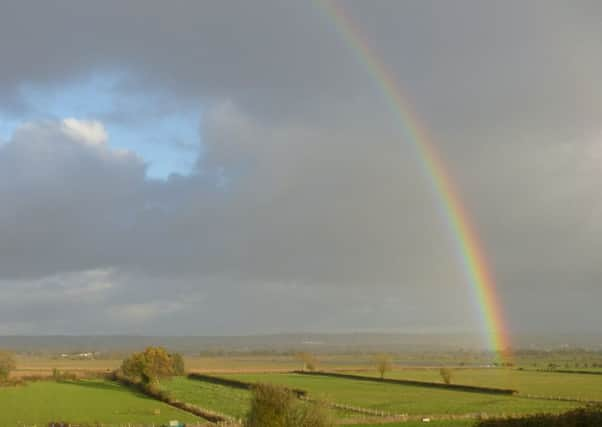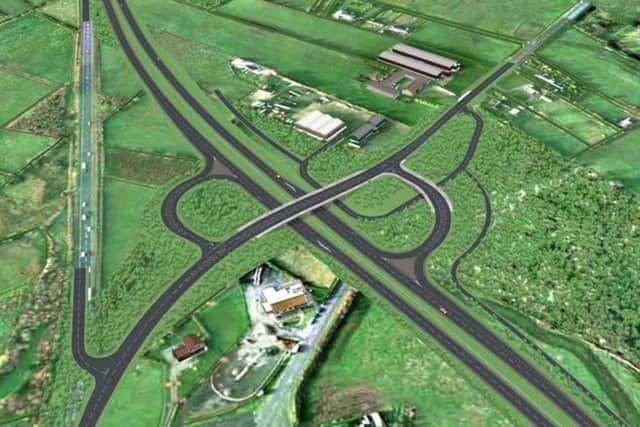Hysteria in defence of the A6 plan that will destroy Lough Beg wetland


A front page headline (New A6 delay damaging the economy every day), an editorial (A6 road plans have had enough scrutiny and work must begin) and a rant from Ian James Parsley (The latest delay to the A6 makes a mockery of democracy).
All this in a day when the story of a road eclipsed the visit of the future king. Prince Charles even visited the centre dedicated to Seamus Heaney, the poet who was gutted about the desecration this short stretch of road would cause to the globally unique landscape that nurtured his works of lyrical beauty.
Advertisement
Hide AdAdvertisement
Hide AdThe story could have been : what was the pathology that led to the most damaging route being selected? Like North Korea, how come our roads authority can consent its own major road schemes without planning permission? In this story chapters could be written on how Mid Ulster could be regenerated by heritage led tourism based on history, landscape and literature.


In the end this 2.5 mile stretch cannot be built. My evidence comes from the strength of the welcome we get at Aughrim Hill and witnessing the solidarity for the personal litigant from across the world. This is also an epic story about our shifting values, the awakening of a refound respect for our special wild landscapes. At Lough Beg we are nourished in this struggle by the memory of a literary giant who provided the model for a civilised future.
James Orr, Director, Friends of the Earth